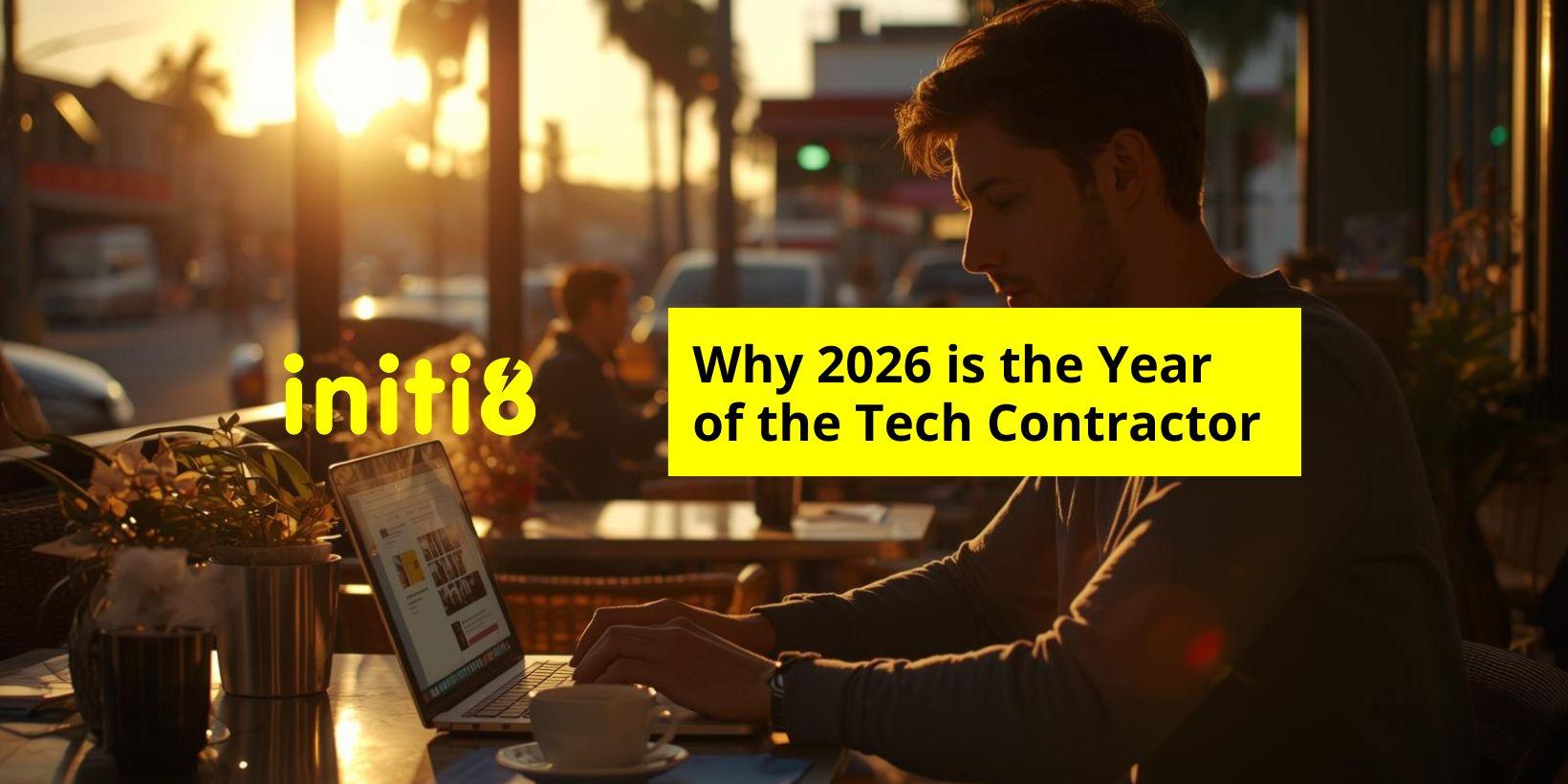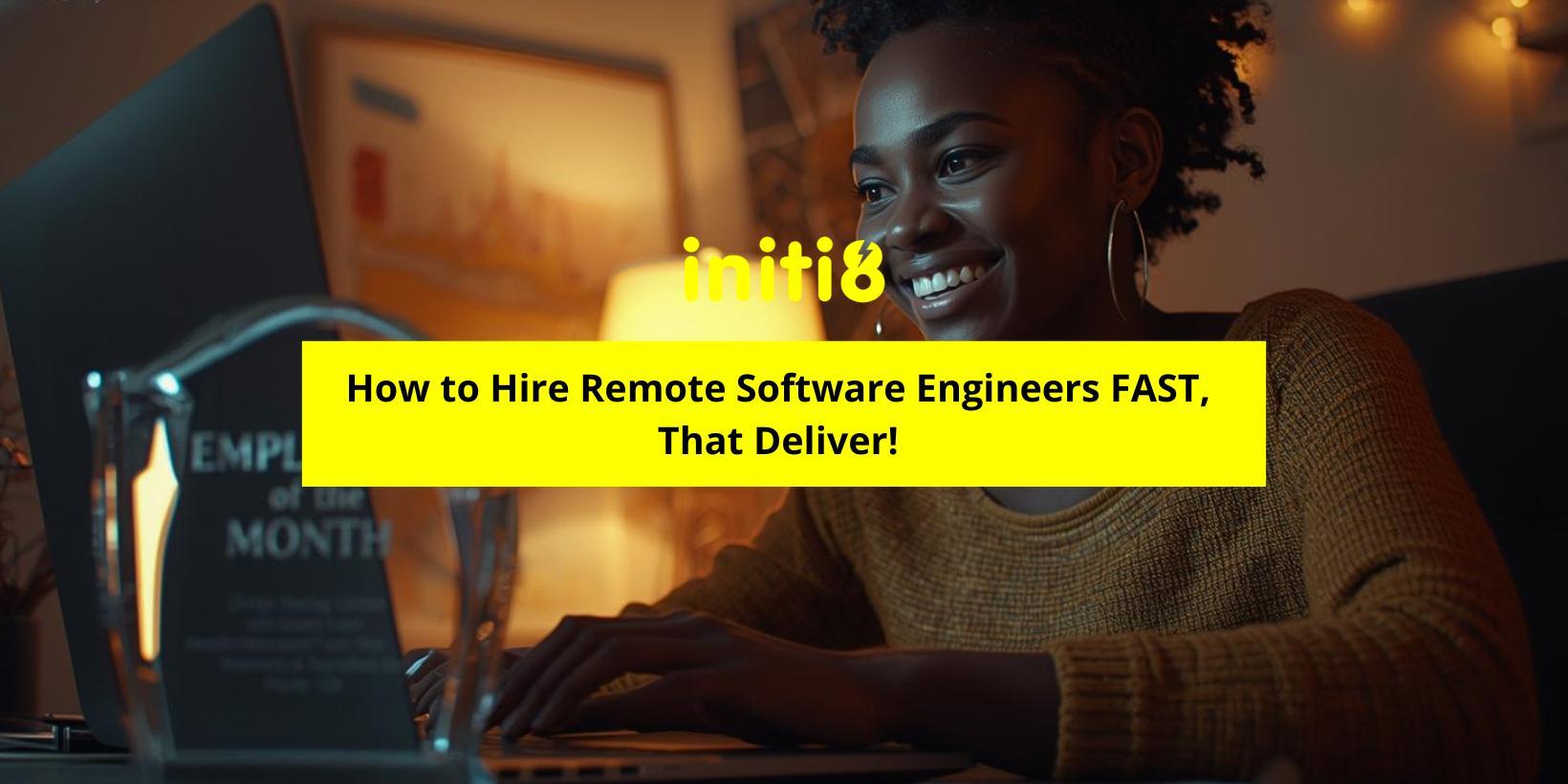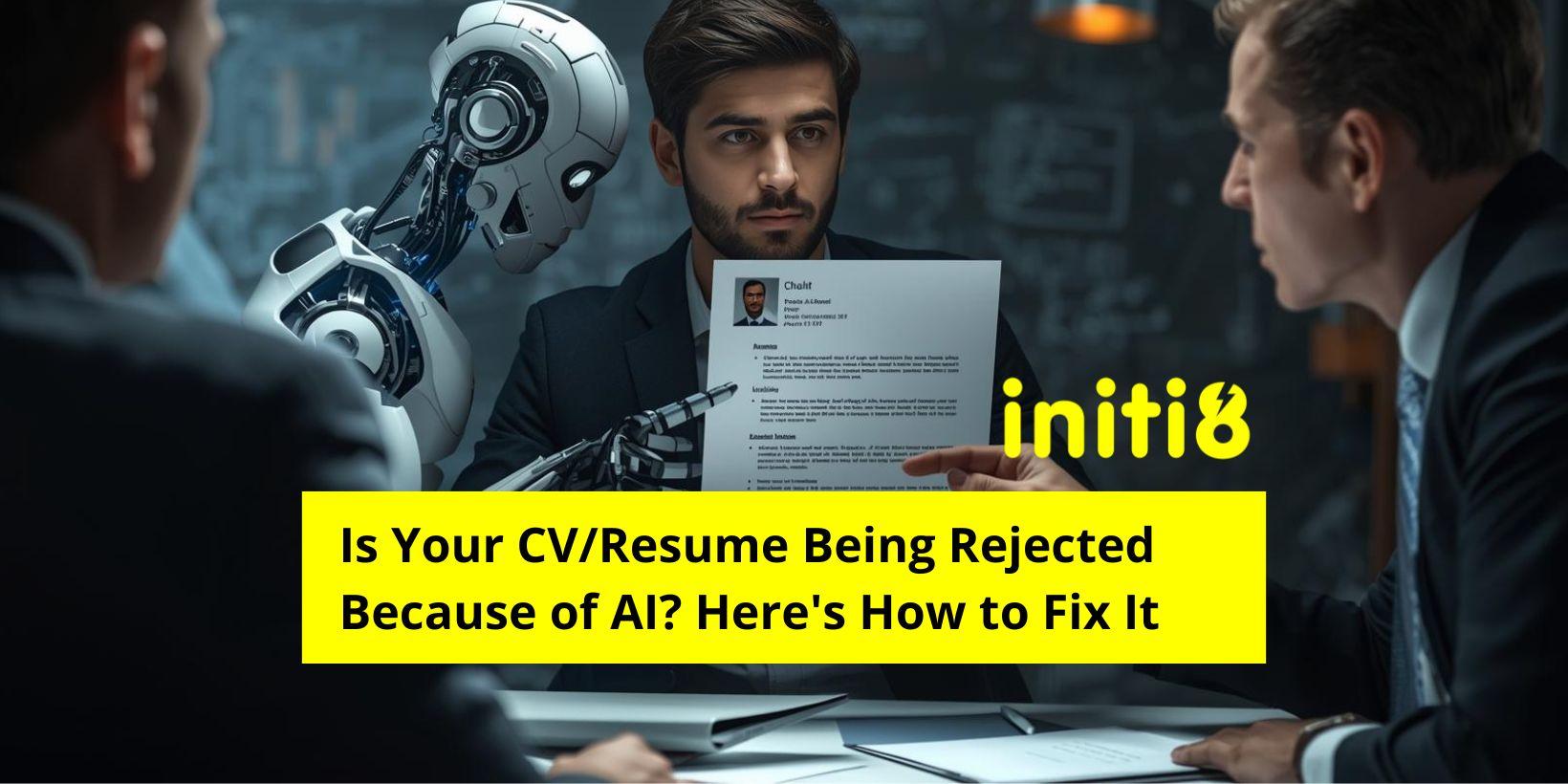
The rise of artificial intelligence (AI) has been a topic of both excitement and anxiety across many industries, particularly in software engineering.
With the self-proclaimed announcement of Devin.AI as an actual Software Engineer, professionals and observers alike are drawing parallels with other historical tech shifts, pondering whether AI will actually replace software engineers now or in the near future.
We ran our own poll conducted among our wider software engineer network regarding their thoughts and feelings towards this announcement from Cognition Labs revealing a diverse spectrum of reactions, while insights from industry veteran Daniel Vartanov offer a historical perspective that might just ease prevailing concerns.
Poll Results: A Glimpse into Software Engineers' Sentiments
We asked our wider Software Engineer community on Linkedin how Devin.AI makes them feel.

Deerk Ali, concerned about the chances of finding a new role or advancing his career, wrote:
"Well, i would say that I'm just beginning my software journey and the rapid improvements of AI especially with a fully automated software developer will decrease the amount of jobs within the market. It is difficult enough to find a job within software due to the amount of applicants this will just add fuel to the fire. Hope this explains : )"
While Muhammad Faris abdurrasyid has a more positive outlook:
"When new technology arrives, it depends on the user... at many case it will accelerate the industry and civilisation... the key is we must adapt with the technology alongside everything"
These results reflect a broader acknowledgment that while AI innovations like Devin.AI are indeed formidable, the're more than likely not going to be the existential threat to software engineering jobs as often speculated.
Instead, there's an acceptance to what AI technologies represent in the evolution of software engineering—a tool for augmentation rather than displacement.
Daniel Vartanov's Insightful Comparison
Recently we spoke with Daniel Vartanov, a seasoned tech entrepreneur and former CTO, who draws parallels with the introduction of Fortran, the first high-level programming language, which caused a similar stir in its time.
Fortran was initially thought to mark "the end of programming", as it was a transformative shift from the low-level coding practices previously in use. However, instead of ending the profession, it vastly expanded the possibilities and domains where programming could be applied, thus revolutionising, rather than diminishing, the role of software developers.
According to Vartanov, AI is "no bigger than just the introduction of Fortran."
This comparison suggests that, like Fortran, AI will not render software engineers obsolete but will instead transform the profession in unforeseeable ways.
It's a perspective that not only calls for a historical understanding but also encourages a forward-thinking approach to emerging technologies.
The Transformation, Not the End
The reflection on Fortran's impact, as discussed by Vartanov, and our polling data from software engineers suggest a future where AI, including technologies like Devin.AI, transforms rather than replaces the profession. This transformation could manifest in several ways:
- Enhanced Efficiency: Automating mundane tasks, thus allowing engineers to focus on more complex and innovative aspects of software development.
- New Specialisations: Just as the web created a need for front-end, back-end, and full-stack developers, AI will likely birth new roles within software engineering (Maybe learning how to write the perfect Prompt?)
- Evolving Skill Sets: A shift toward understanding and leveraging AI in development processes.
Embracing the Change
The majority of Software Engineers suggest an openness to adaptation, which might involve embracing AI as a tool that assists rather than replaces human ingenuity.
In parallel, the excitement seen in the poll indicates a forward-looking optimism that sees Devin.AI as an opportunity for growth and innovation within the field.
As a tech recruiter, if a client adopts Devin.AI into their processes internally to speed up development time, you might end up seeing requests for Devin.AI skills on your C.V. in the future.
The unease and threat perceived by a minority also warrant attention, serving as a reminder that the technological evolution will need to be inclusive, ensuring opportunities for upskilling and transitioning within the community.
The Future of Software Engineering with AI
Predicting the exact impact of AI on any profession is fraught with uncertainty. Yet, the insights shared by Daniel Vartanov, combined with the sentiments reflected in our poll, paint a picture not of doom but of evolution.
Software engineering is poised to undergo significant changes with AI, but these changes are more about transformation and expansion than replacement.
Like the introduction of Fortran, the advent of AI technologies such as Devin.AI invites software engineers to explore new horizons of creativity, efficiency, and innovation.
In this future, AI like Devin.AI doesn't replace software engineers; it becomes part of their toolset, driving the profession to even greater heights.
Our tip: Maybe start investigating and learning how to write the perfect prompt to help make your process more efficient.
https://www.linkedin.com/feed/update/urn:li:activity:7191089064245121025
Author
Initi8
Date
20 May 2024




